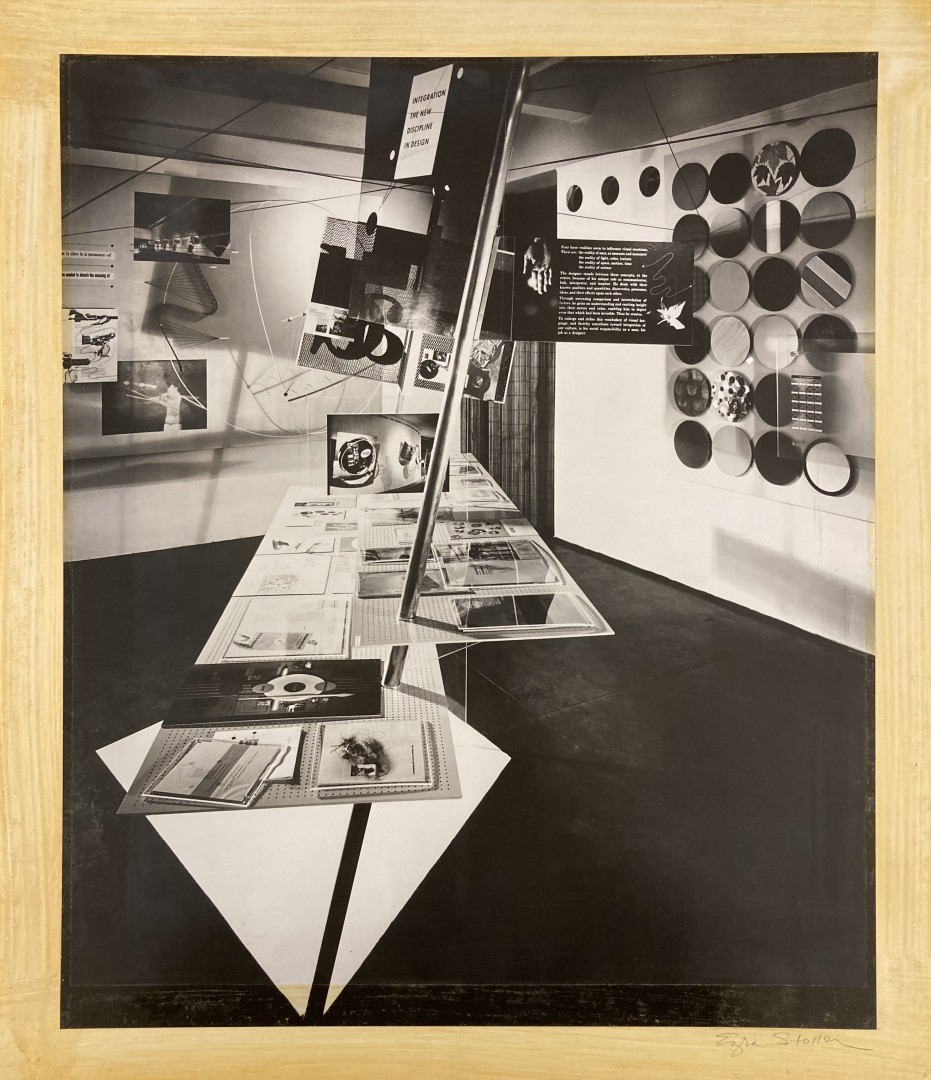Creativity and Control: Toward a Systems Theory of Design

In the decades after World War II, designers in the United States faced an existential dilemma as they participated in a professional landscape transformed by the regulatory forces of corporate culture, systems thinking, and computerization. What happens to the designer as a creative individual with the rise of tools, programs, and policies that aimed to manage the visual environment? Drawing on materials in the Cary’s Lester Beall, Will Burtin, and Paul Rand collections, this talk will consider the motivations, principles, and implications of the mid-twentieth-century effort to standardize design practice. I argue that by transforming design into a visual system—complete with graphic standards, operating procedures, and usage restrictions—postwar designers defined creativity in design not only as the conception of new forms or ideas, but also (perhaps even primarily) as the controlled combination of existing parts.
Robert Gordon-Fogelson is a PhD candidate in the Department of Art History at the University of Southern California and a recipient of the Visual Studies Graduate Certificate. He works on twentieth-century design, architecture, and material culture with a focus on relationships between design and business, discourse and practice, and production and distribution. His dissertation, “Total Integration: Design, Business, and Society in the United States, 1935–1985”, examines the centrality of “integration” as a concept to mid-twentieth-century design.
This event is free and open to the public. For interpreting services, please request at myaccess.rit.edu.
The deadline to register for this event is Monday, March 15, 2021 at 2:00pm.
Event Snapshot
When and Where
Who
Open to the Public
| Cost | FREE |
Interpreter Requested?
No









